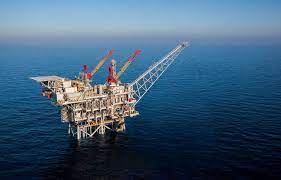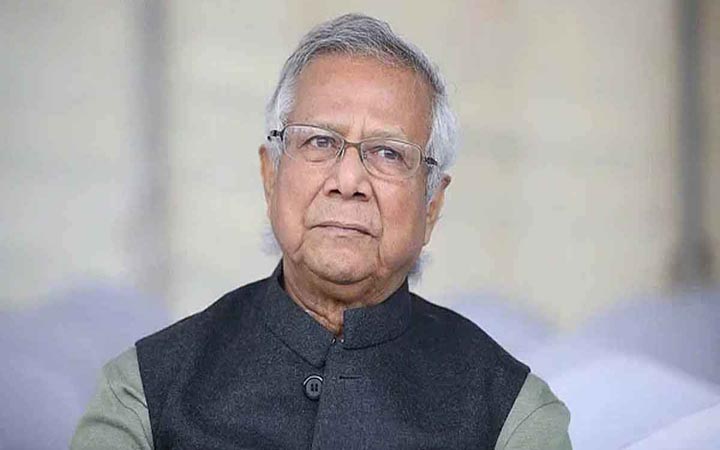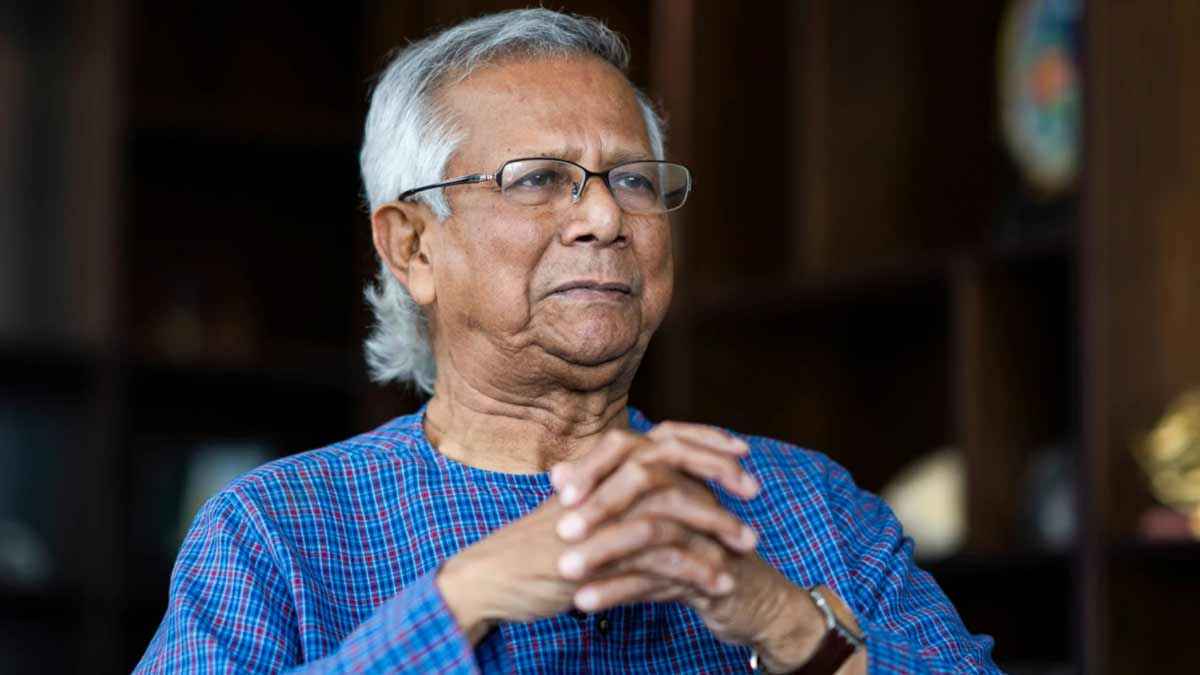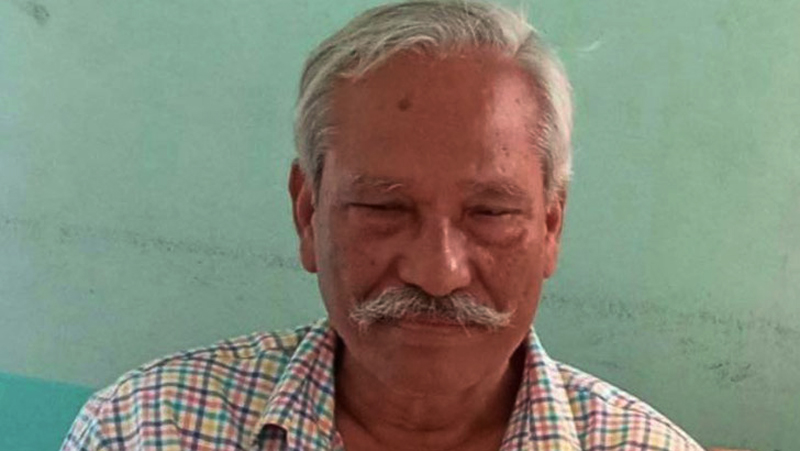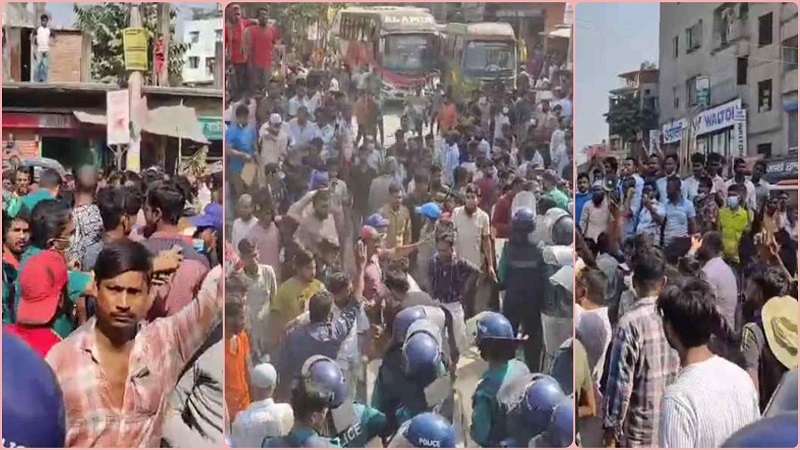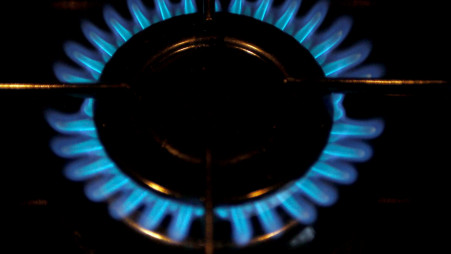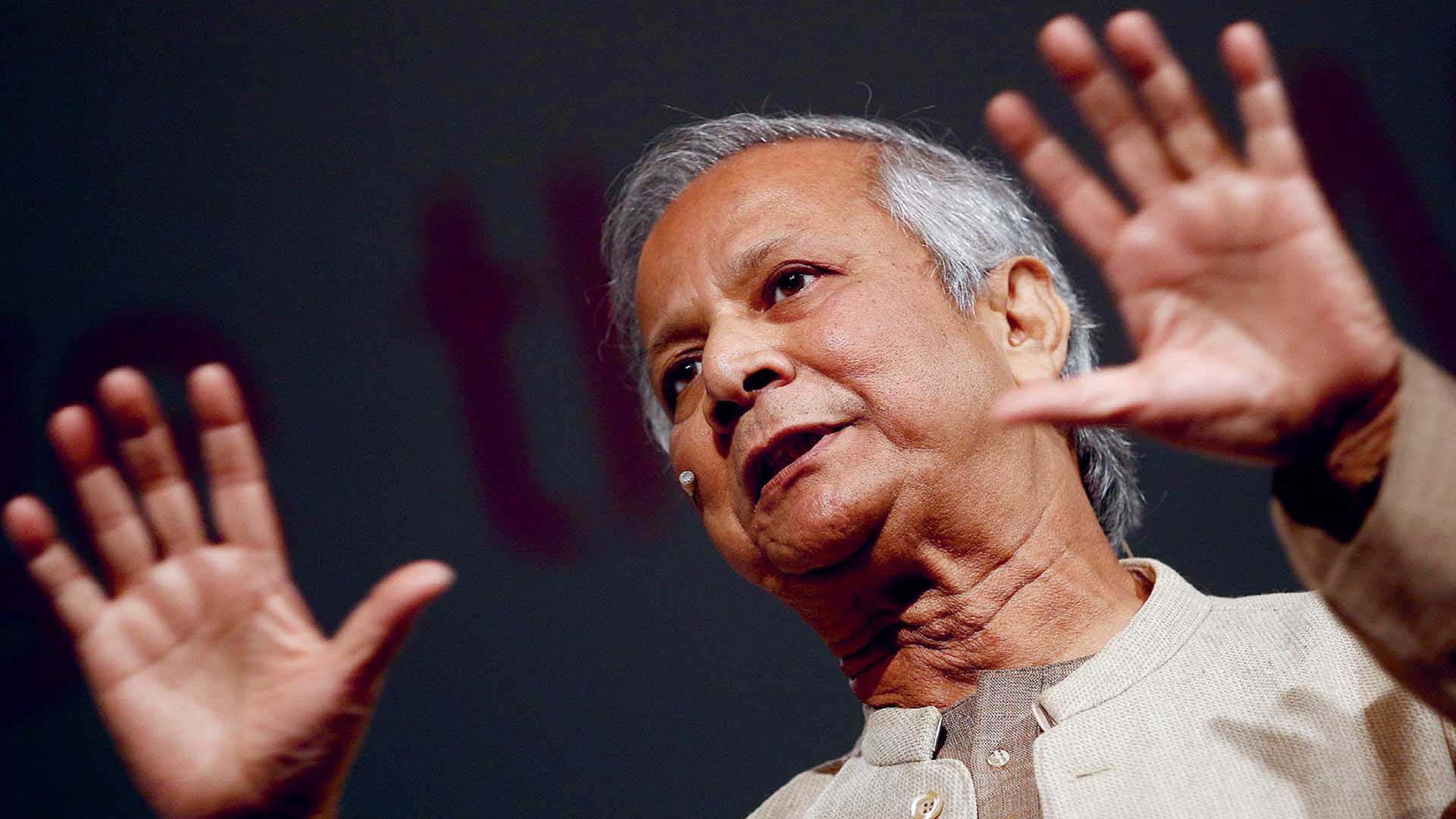Bangladesh has launched another initiative for conducting a multi-client survey in the country’s offshore areas to get an idea on mineral resources in the Bay of Bengal, with plans to use the collected data to attract international oil companies (IOCs).
A number of officials at PetroBangla said work on the initiative could start by the end of this year, and if conditions are favourable, it will be completed within the next two years by 2024.
With this survey, PetroBangla plans to get a complete idea about petroleum reserves in the Bay of Bengal, and get IOCs’ interest in exploring the Bay of Bengal. Energy experts however believe that Bangladesh should have completed a multi-client survey at least 7 years ago.
Speaking to The FP, Petrobangla General Manager (PSC) Shahnawaz Parvez said, “The survey was supposed to begin in 2020, but got delayed due to a multitude of reasons, including the Covid-19 pandemic.
“A consortium of Norwegian companies TGS and Schlumberger of France will start the survey in the dry season at the end of this year. Exclusive seismic surveys will be conducted in about 80 per cent of the shallow and deep sea.” Waiting for a survey for 7 years
Bangladesh’s maritime disputes with Myanmar and India got settled in 2012 and 2014 respectively.
However, Myanmar has been extracting gas from the Arakan Basin in the Bay of Bengal since 2005. India too has found a large deposit of gas in the Mahanadi and Krishna Godavari basin in their territorial part of Bay of Bengal. Bangladesh has been lagging far behind in terms of assessing and extracting such resources. The country is meeting its domestic gas demand by importing the costly LNG (liquefied natural gas).
Petrobangla’s Shahnawaz Parvez said, “So far, PetroBangla has not been able to attract IOCs for oil exploration in the sea even after floating several international tenders. Though a few companies had shown interest, they said goodbye due to conflict over hiking gas prices.
“The IOCs are not interested because we do not have any scientific surveys.”
Insiders said in 2015, PetroBangla invited international tenders for this survey, and five bidders submitted their proposals. TGS- Schlumberger Consortium was selected as eligible in the tender evaluation.
Petrobangla then finalised the proposal and sent it to the Energy Division to seek the Cabinet Committee’s approval for the contract.
But the process was abruptly canceled and Petrobangla was instructed by the Energy Division to call for tenders again. There are allegations that the decision could not be taken due to pressure from a beneficiary group as their chosen company could not get the job, sources say. Later, when the tender was called again, five proposals were submitted. The TGS-Schlumberger consortium was in first position again in the bidding process.
The proposal for the agreement was then sent to the Cabinet Committee on Economic Affairs on August 3, 2016 through the Energy Division, but it remained stuck for years.
It was finally approved by the Cabinet Committee in April 2019. In March 2020, Petrobangla signed the final agreement with TGS and the Schlumberger Consortium. Welcoming the initiative to conduct a multi-client survey, geologist Prof Badrul Imam said, “The work should have been completed seven years ago.
“This initiative should be completed quickly to attract the IOCs, as they are not interested in oil and gas exploration in the sea without adequate data.” What is a multi-client survey?
Multi-client survey is an internationally recognised method to get a detailed idea of ocean resources. The process uses two-dimensional and three-dimensional seismic surveys to track down what kind of mineral resources are in any part of the ocean.
According to international rules, multi-client surveys are conducted in two ways. A survey company completes the work at its own expense. In this way, the company will be able to sell the survey information to any IOC.
The other method is that the tenderer will bear the cost himself. In this way the survey company cannot sell the information to anyone. Petrobangla says TGS-Schlumberger Consortium will bear all the cost of conducting the survey in the Bay of Bengal. They will be able to sell the survey results. The Bangladesh government does not have to spend any money on this.


